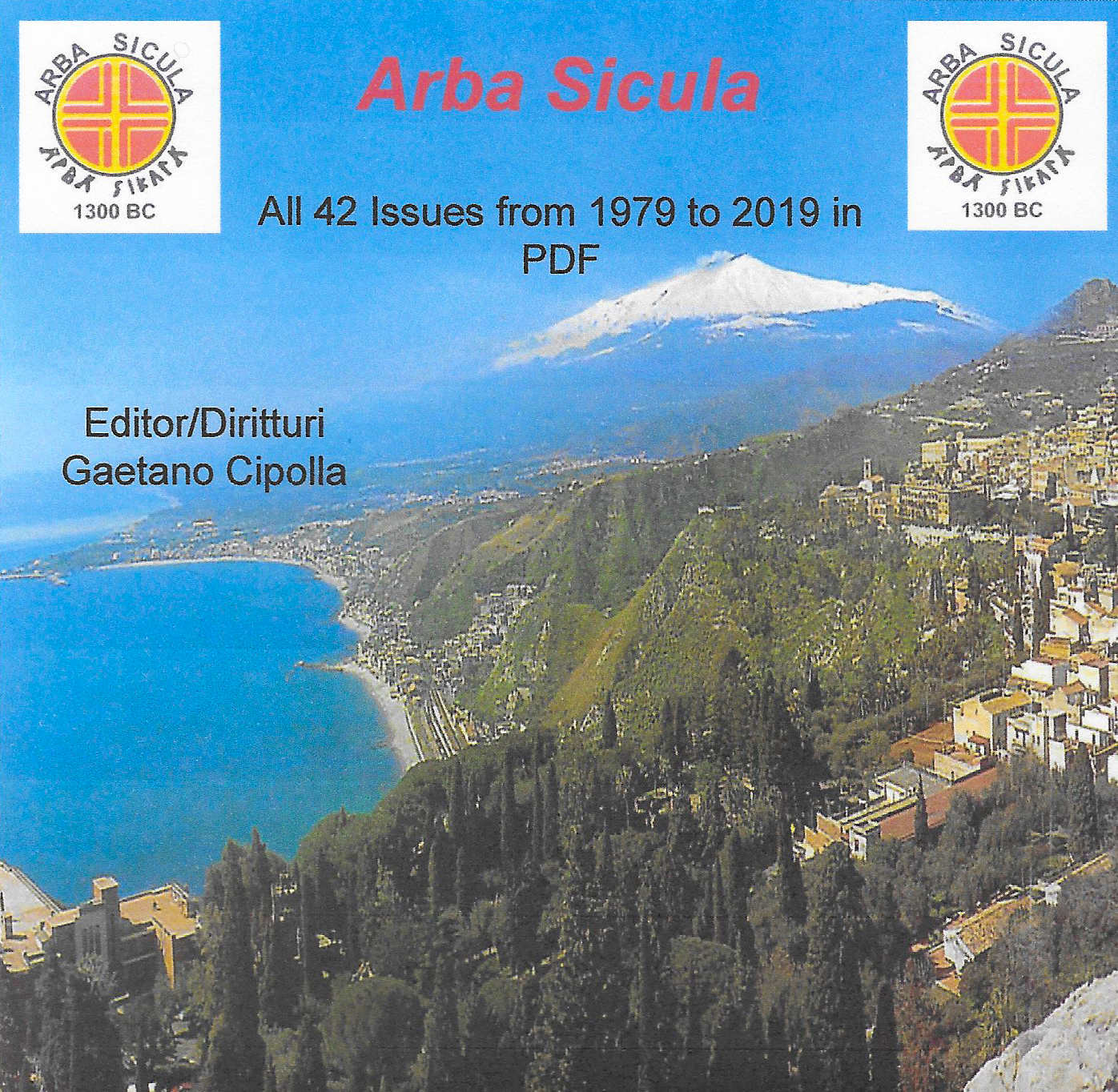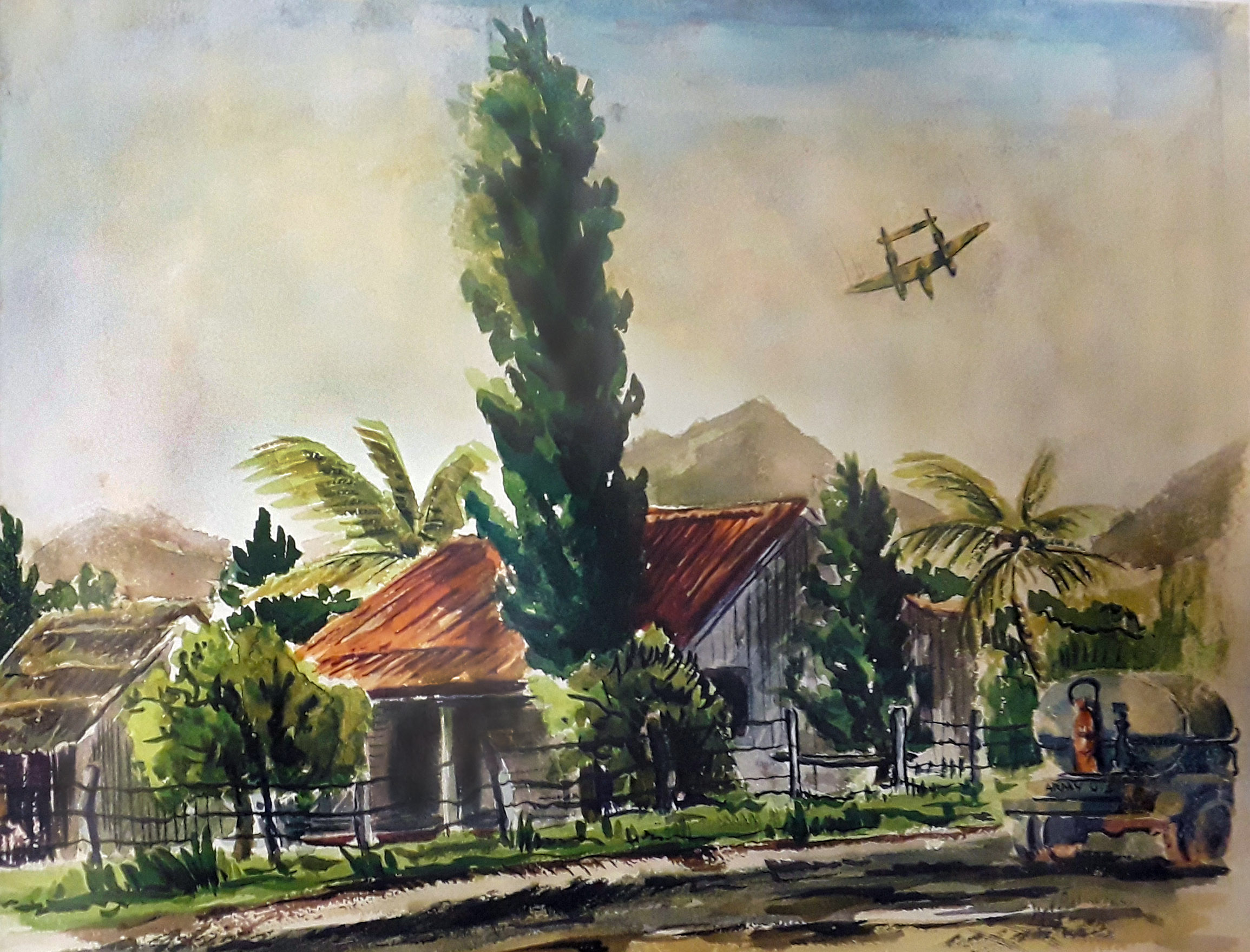Serving the Sicilian Community
This year, Arba Sicula enters its fifth decade of service to the Sicilian communities of the world. Reaching 40 years of activity as a non-profit organization is quite an accomplishment, especially when one considers that Arba Sicula is entirely funded by its members’ $30 annual membership fee. It speaks volumes about the loyalty of its members, who have remained faithful throughout the years, wholeheartedly embracing the goals of the association – to study, preserve and promote the language and culture of Sicily. Established in 1979, the leadership of Arba Sicula has remained faithful to these goals.
I recently sat down with Professor Gaetano Cipolla, Professor Emeritus at St. John’s University, who has been the President and the Editor of Arba Sicula since 1987. Professor Cipolla was born in Francavilla di Sicilia outside of Messina. He emigrated to the United States in 1955, where he earned a B.S. from New York University, a Master’s degree from Hunter College and Ph.D. in Italian from New York University. Having taught at numerous universities, he has spent the last 31 years at St. Johns University, where he teaches Italian Language and Literature.
I congratulated the Professor on reaching forty years of service to the Italian and especially the Sicilian community. How do you account for such longevity?
Gaetano Cipolla: Our members believe as passionately as I do in the goals of the organization. We have a worldwide membership of 1,400, with 74 Life Members. In this country, we have members in every state of the Union, even in Alaska and Hawaii.
BF: In addition to the promotion of the language and culture, what was the initial spark for the organization?
GC: Arba Sicula was founded by a few people in Brooklyn in 1979 because they believed that Sicilians’ reputation in this country did not correspond with reality. They objected to the media’s portrayal of them as Mafiosi and violent individuals. Without recounting each of the many instances of discrimination suffered by them, it is fair to say that Sicilians had a difficult time in America. The founders of our organization wanted to correct the stereotype and present a truer image of Sicilians and the contributions of Sicily to Western civilization.
BF: How do you combat the stereotype?
GC: Arba Sicula promotes Sicilian culture in many ways. Membership includes our publications which include our annual double issue called “Arba Sicula,” a unique bilingual (Sicilian-English) journal that focuses on the folklore and the literature of Sicily and her people all over the world. We also publish two issues each year of “Sicilia Parra,” a 20-page newsletter of interest to Sicilians and Sicilian Americans, as well as supplements that deal with Sicilian culture. Additionally, we organize cultural events, lectures, exhibitions and poetry readings that are free of charge to our members and their guests. One of the keys ways to counteract the effects of negative stereotypes is by disseminating information about Sicily and Sicilians that offers a more accurate portrayal of their contributions to Western civilization. We also support individual efforts and activities that portray Sicilians in a positive light. And finally, Arba Sicula organizes an annual tour of Sicily. Thus far, we have conducted tours for the past 26 consecutive years.
BF: How did you celebrate the fortieth anniversary of the organization?
GC: We hosted a concert on October 25th at St. John’s University by Salvo Bottaro, Pietro Romano and Anima Mediterranea. They performed Sicilian and Neapolitan classics to a delighted audience. A more important accomplishment for Arba Sicula is the creation of a CD that contains all issues of our unique journal in PDF format. These publications span the years from 1979 through 2019 – 42 issues in all, with a table of contents linked to each article in the collection and accessible with a click of the mouse. In addition, we have created a DVD comprising all of the issues of “Sicilia Parra.” The DVD has 61 issues published from 1989 to 2019. Members have responded with enthusiasm. We have already sold over 150 of them. We have priced them $30 each and we add a 40th anniversary pin to every order. Thus, for $64.00 you can have the history of the last 40 years of our organization.
BF: You mentioned disseminating information on Sicily before. How is this accomplished?
GC: In collaboration with Legas, we have published 137 books, primarily dealing with Sicilian culture. I founded two series of books specifically for Sicilian culture. The first is “Pueti d’Arba Sicula,” which focuses on Sicilian poetry. Sixteen bilingual volumes are already in print, including the work of Meli, Veneziano, Martoglio, Ancona, Provenzano, De Vita, Di Marco and others. The second series is called “Sicilian Studies” and it has 29 volumes in print already, including the first college course on Sicilian entitled “Learn Sicilian: Mparamu lu sicilianu,” a textbook that was also translated into Italian for use in Sicily and elsewhere. The Italian version was adopted by the Universitè de la Manouba in Tunis, while the English version is used at Pennsylvania University in Philadelphia and other places such as Italian Charities of America in Queens, New York, for special courses.
BF: One last question, Gaetano. You are referring to Sicilian as a language, not a dialect. Can you elaborate?
GC: Sicilian is not a corruption of Italian. It is a language that was used under Frederick II as the first poetic language of Italy, before the Tuscan became more prestigious. Had the Emperor, who was known as Stupor mundi, not passed away in 1250, we probably would speak Italian with a Sicilian accent today. His Sicilian school of poetry created the first literary canon, which was used everywhere in Italy. Poets who were not Sicilian wrote in that language. Dante himself stated that for the first 150 years, Italian poetry was written in Sicilian. Therefore, we can say that if Dante was the father of the Italian language, the title of mother should go to Sicilian.
BF: Thank you, Gaetano, this has been very informative.
GC: It was a pleasure, Buddy.
For more information about this fascinating organization, visit their website at www.arbasicula.org.





